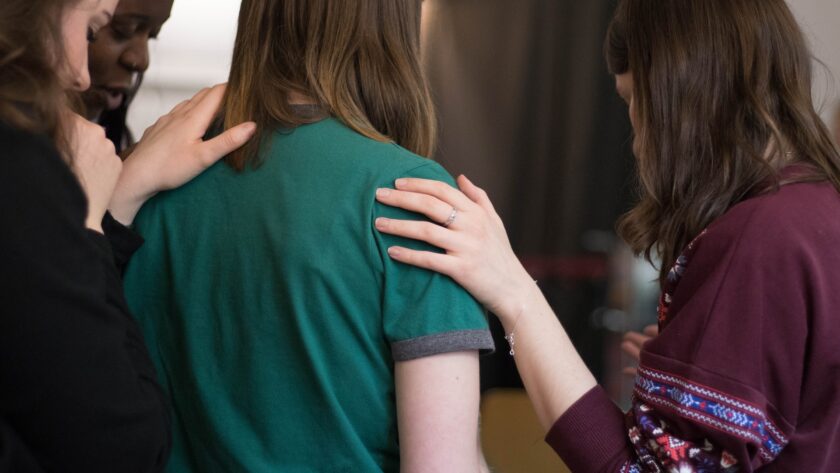Let’s talk about something that affects millions of people worldwide- surviving terror attacks. Did you know that as many as 10,172 terrorist attacks were recorded globally in 2020? And that was the year when the pandemic was in full swing and life was slow. You can imagine the threat now when things are normal and public places are crowded again.
Well, only victims and survivors can understand the trauma of a terror attack. It’s not even close to the pictures and videos on TV and in the news. Let’s face it – surviving an attack is scary as hell, and fear becomes a part of your existence, right? It can affect your mental and emotional well-being in the long run.
But does it mean you should accept that you’re stuck in fear forever? Fortunately, there are actionable strategies to move beyond fear and regain control of your life. Buckle up, and let’s take you on the road to recovery and normalcy!
Contents
Seek professional help
You cannot overlook the need for professional help after going through a traumatic event. And a terror attack is perhaps the worst a person may encounter. Seeing a qualified therapist can make all the difference when it comes to coping with the pain.
In fact, emotional healing is far more significant than physical recovery for survivors. An expert helps you process your emotions, guides you about coping mechanisms, and suggests techniques to manage symptoms such as nightmares, anxiety, or flashbacks. Remember that it’s just fine to ask for help, so go for it.
Talk to other survivors
Besides seeing a therapist, consider talking to others who have gone through similar experiences: They understand the pain and fear you feel after the event. Connecting with such people helps you validate your feelings.
You can join support groups and online forums that bring together survivors. Try one-on-one conversations, as they can be incredibly helpful in dealing with trauma.
Ask for justice
Justice is the least you should expect as a terror attack survivor because you suffer due to someone else’s wrongful act. The good thing is that the American government realized the same and came up with the Zadroga Act to help 9/11 victims and survivors.
If you are one of them, you can collaborate with 9/11 lawyers for victim compensation covering your pain and suffering. The repercussions of the attack persist even decades later, with countless survivors battling serious health issues like cancer and respiratory disease due to toxic exposure.
Getting justice can give you peace of mind, and compensation can set you up for financial recovery.
Practice mindfulness
Mindfulness can be a savior when it comes to dealing with the aftermath of a terror attack as a survivor. Since the practice enables you to be fully present at the moment, you can focus on your emotions, thoughts, and physical sensations without judgment.
It helps you cope with overwhelming feelings and reduce fear and anxiety. Try deep breathing or meditation to stay calm and centered. They disconnect you from the pain and fear of the past.
Build a support network
You cannot conquer fear alone, no matter how courageous you are. A support network of people who care about you helps you beat the negative feelings and emerge as a winner. Reach out to family, friends, and colleagues, and ask for help.
For example, your sibling can take care of your kids when you need to get out, friends can be there to listen, and colleagues can lend a hand at work.
Set small goals
After experiencing a traumatic event like a terror attack, you may feel like you’ve lost control. You cannot expect to heal overnight, but setting small, achievable goals takes you close to regaining control sooner than later.
Moreover, you feel a sense of accomplishment every time you achieve a milestone. And remember to be kind to yourself if you fail to reach your goals. Let healing happen at its pace, and practice self-care throughout the process. You deserve it!
Wrapping Up
Surviving a terror attack is a scary and traumatic experience. In fact, the feelings live with you for the long haul, and you cannot expect a quick recovery. But you can trust the process and look for strength within to cope with the overwhelming emotions. A strong support system is equally crucial. Most importantly, accept the truth and let things work out rather than pushing too hard to heal. Stay strong and keep moving forward, no matter how long the road to normalcy appears!




